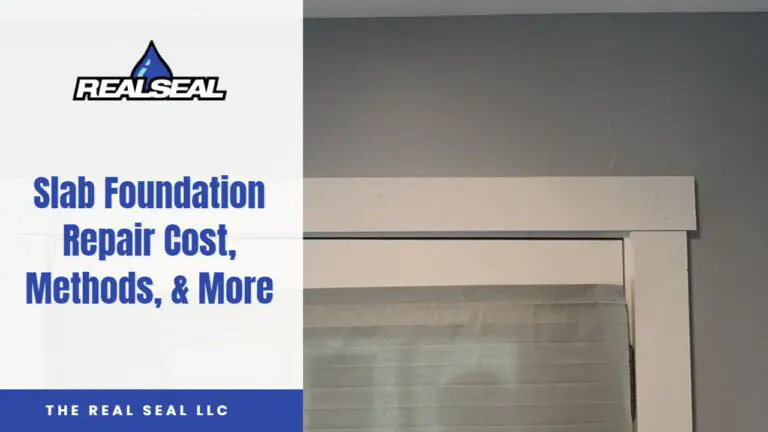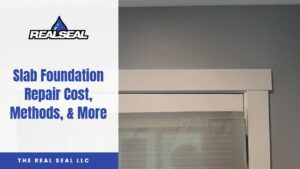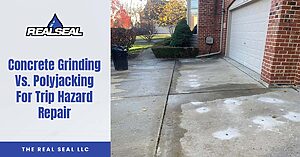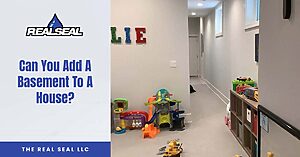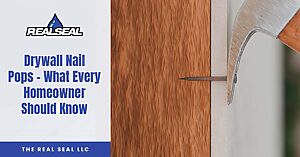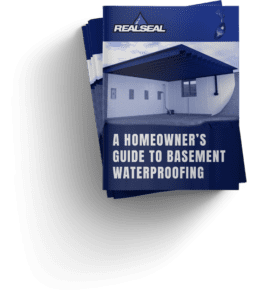How Much Does Slab Foundation Repair Cost?
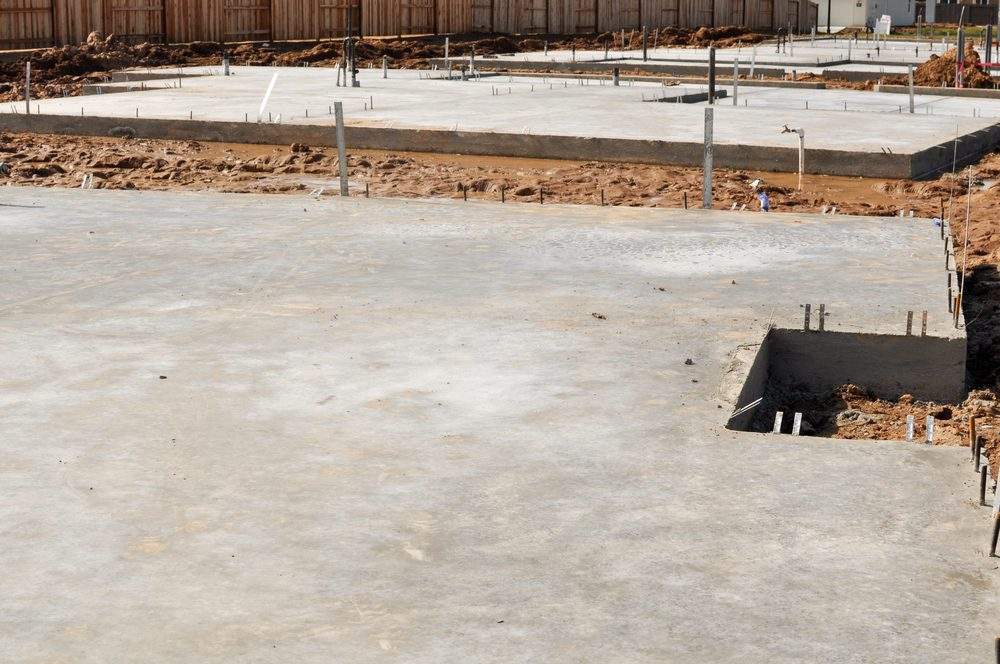
What Is Slab Foundation Repair?
- Underpinning – First invented and used in Italy in 1952, underpinning is when experts lift your foundation using steel push piers or helical piers. Steel push piers are pushed deep below your foundation until they reach soil strong enough to support the weight of your home. Helical piers accomplish the same thing, but instead of being pushed, they are twisted into the soil. Once the piers reach stronger soil, hydraulic jacks lift your slab foundation back to the maximum practical level (the ultimate amount of lift needed before any further movement damages your home).
- Polyjacking (concrete leveling) – Polyjacking is when experts pump expanding polyurethane foam through dime-sized holes in your slab foundation until the void underneath is completely filled. This foam fills all the gaps and voids in your soil, giving your foundation a stronger support system. Once the foam hardens, the injection holes are patched and sealed. Polyjacking is also used on sidewalks, driveways, patios, and other concrete slabs.
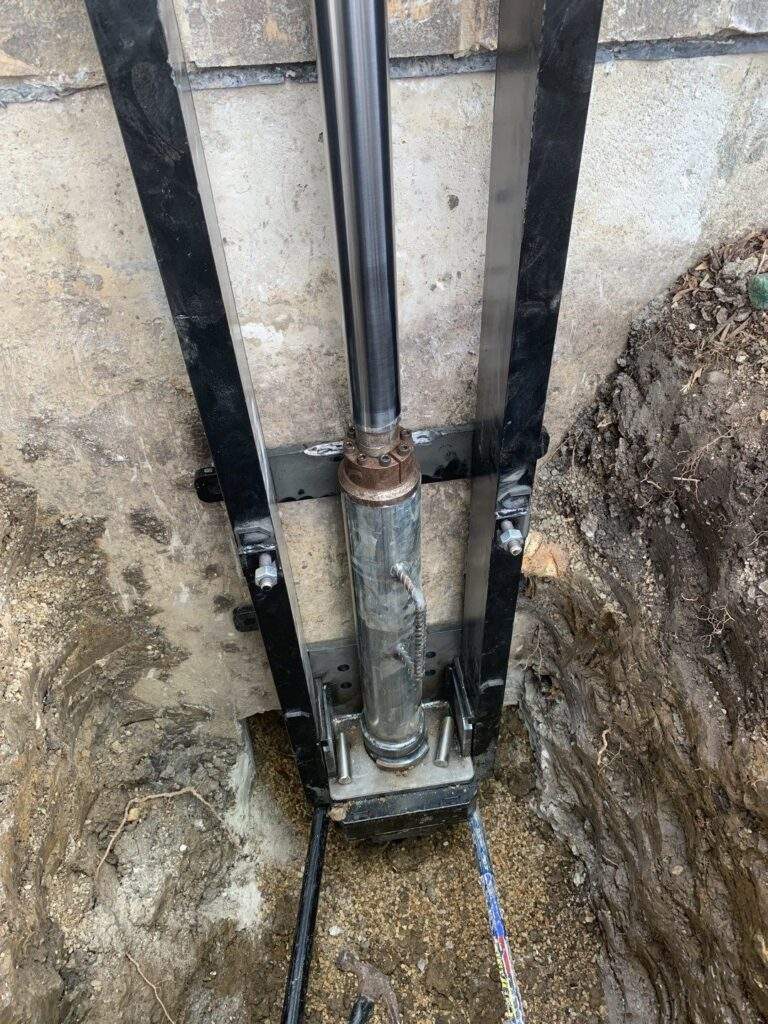
How To Know You Need Slab Foundation Repair
If you have a slab foundation, you might not know when it’s time to have it inspected and repaired. If you have a basement foundation, check out this great article: Everything You Need To Know About Basement Foundation Repair.
- Sticking windows and doors – This problem may seem like a minor inconvenience. Still, over time this issue can become an even bigger annoyance. When a slab foundation shifts or settles, it throws off the alignment of your walls, floors, and ceilings, causing the frames of your windows and doors to move.
- Foundation cracks – If you notice cracks on your slab foundation, chances are it’s being affected by differential settlement. This is when one section of your foundation sinks into the ground deeper than another section, causing it to crack. If these cracks are less than 1/10th of an inch wide, they might be from normal uniform settlement. Cracks wider than 1/10th of an inch are cause for concern.
- Uneven, cracked, or sloping floors – If you have any type of flooring over your concrete foundation (wood, tile, marble) and it’s beginning to crack, slope, or warp, chances are your slab needs urgent repairs. If your flooring is cracking from one wall to another, then you definitely have a foundation problem.
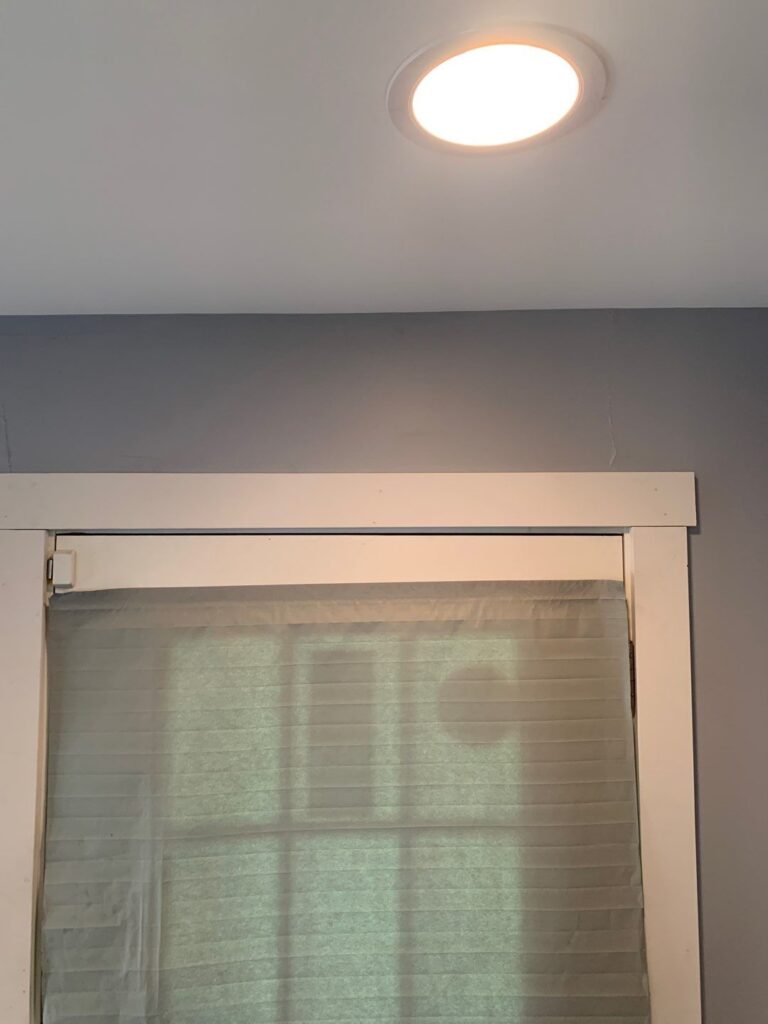
- Drywall cracks – If you notice cracks on your drywall, there’s a chance your slab foundation needs repair. Look for diagonal cracks that run from the corners of your doors and windows to your ceiling. You also want to pay attention to any tearing wallpaper because they might be revealing hidden cracks.
- Separating parts of your home – Look for any walls, floors, or moldings that have come apart. When your foundation shifts, so does your home. If you have a chimney or porch, there’s a chance they might be separating from your home as well. Although, this issue could be related to the foundation directly under your chimney or porch and not your home’s foundation.
- Cracks on brick fascia and concrete blocks – If you have a brick fascia or concrete blocks on the exterior of your home, look for cracks that look like stair steps or have split the mortar.
Who Offers Slab Foundation Repair Near You?
If you live in the Chicagoland area and own a slab foundation, call The Real Seal. We’ve been inspecting and repairing all types of foundations since 2011. Even if your home has a basement or crawl space, you can still call us! We’ll come out, inspect your foundation, and offer you the best repair solution on the market. We also provide foundation waterproofing, concrete leveling, and more.
Please note that the prices referenced in this blog have not been updated since publication and may differ from current prices. Current price estimates are available upon request.
